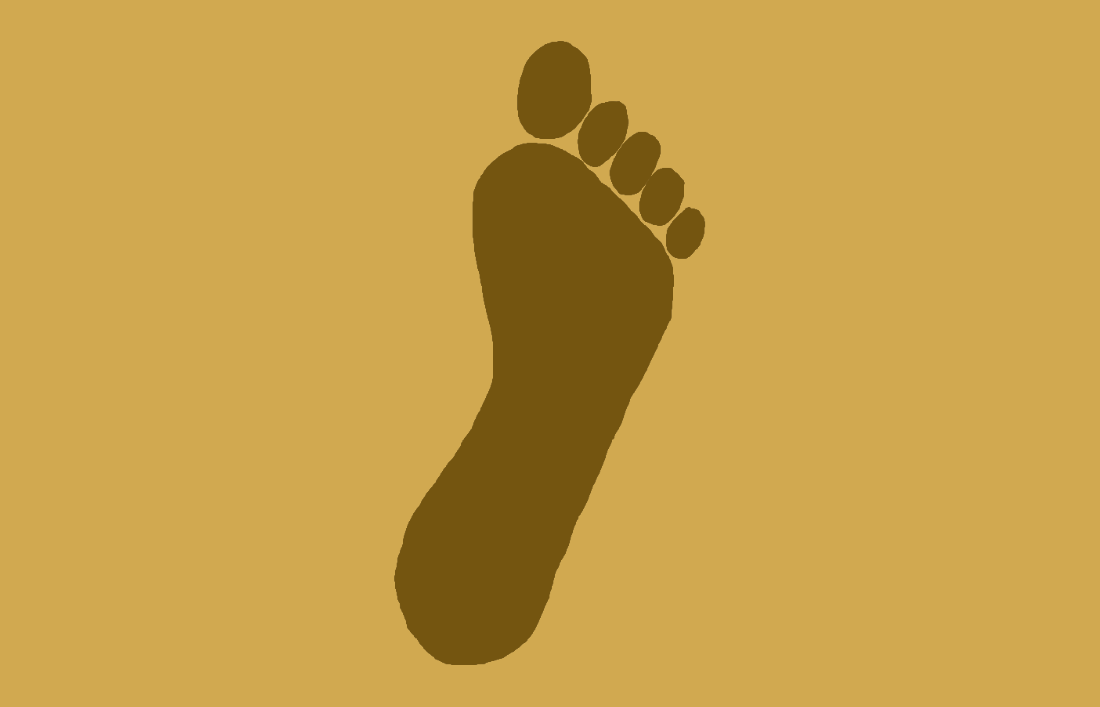Ecological Footprint: Our Impact on the Planet and Its Limits

My brother comes home from school and boots up my dad’s laptop. He asks me if I know what an ecological footprint is. As the naive first-grader I was, I said no. He directs me to a website titled “footprint calculator”, and tells me to take the survey. I didn’t understand what the four and a half earths on the screen was for, until I retook the test roughly seven years later.
An ecological footprint, in short, is the calculation of human demand on natural resources, compared to the amount of natural resources that are renewed. It takes multiple productive sectors into account, such as crop and grazing lands, forests, built-up land for settlement, carbon footprint and fisheries. This footprint can be compared at an individual, household, national or even global scale.
This is interesting and all, but why should you care? Well, simple. Overshoot. Overshoot is when human demand for nature exceeds how much nature can regenerate within the year. Think of it as your bank account balance turning negative and going into debt. There are two types of overshoot; local and global. Local overshoot is when the human depletion of natural resources of a region exceeds how much the ecosystem of that specific region can regenerate within a year. Sometimes this doesn’t have a great impact, as overshot regions can just import resources from elsewhere.
However, global overshoot takes account of the entire planet. Unlike local overshoot, global overshoot is the same day everywhere (since we, unfortunately, don't get imported goods from foreign planets). This day, marked every year, is called Earth Overshoot Day. The later in the year it is, the better.
This is concerning, and you’re probably feeling a bit overwhelmed right now. Well, what if I told you that you can make an impact? Reducing your usage of single-use plastic. Recycling. Reducing your water usage. Switching to renewable energy. The list goes on. In fact, maybe you have already heard these factors elsewhere. Hearing isn’t the important part, though. Actually, acting on these factors is. In the end, even a small change from one individual can add up.
Ecological footprint may sound unimportant at first glance, but it is a topic worth reading more about. If all of us work together to create a future where global overshoot day is moved, we can surely achieve it.
References
https://www.footprintnetwork.org/our-work/ecological-footprint/
https://cleansd.org/2017/04/27/8-ways-to-reduce-your-ecological-footprint/
https://education.nationalgeographic.org/resource/mapmaker-human-footprint/
Author Biography
Thilba Ali Shafeeu is 13 years old and studies at Aminiya School. She loves tech and enjoys photography and reading in her free time. Her favourite genres are sci-fi, thriller and comedy.
Cite this article as:
Thilba Ali Shafeeu, Ecological Footprint: Our Impact on the Planet and Its Limits, theCircle Composition, Volume 4, (2023). Ecological Footprint: Our Impact on the Planet and Its Limits - theCircle Composition
